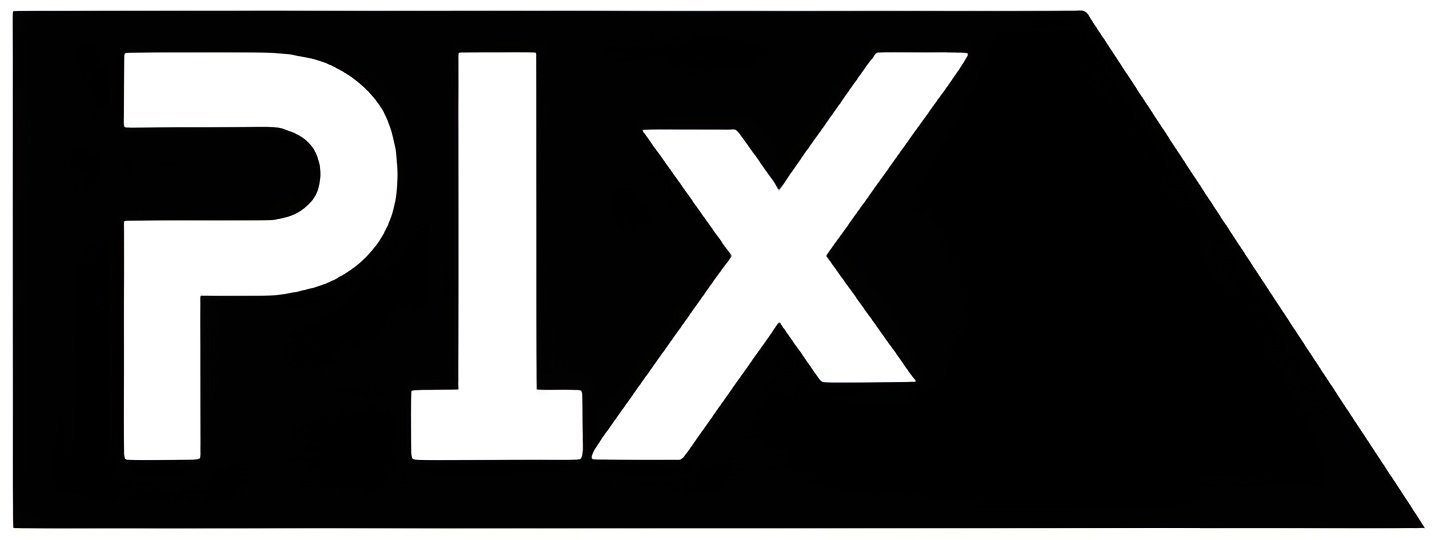Otter.ai CEO Sam Liang isn’t satisfied with the company being viewed, and used, as just a meeting notetaker. Liang wants Otter.ai to become a go-to source for enterprises and a new batch of products released Tuesday is the first step in that evolution.
The Silicon Valley-based AI meeting assistant startup on Tuesday released a new suite of tools for enterprises designed to better incorporate data from meetings into other workflows by funneling that information to a central knowledge base. The aim is to grow Otter’s business by helping companies get more out of the meetings they record.
Otter’s new product suite includes an API that allows users to build custom integrations with platforms like Jira and HubSpot, an MCP server — which connects users’ Otter data to external AI models — and a new AI agent that can search a company’s meetings notes or presentations.
Liang told TechCrunch it is the next phase of Otter’s life.
“We are evolving from a meeting notetaker to a corporate meeting knowledge base,” Liang said. “This is a system record for conversations. It can help corporations scale their growth and drive measurable business value.”
When Otter was founded in 2016, there were just a handful of meeting transcription companies — a far leap from today. The AI boom that kicked off in 2022 fueled a surge in startups like Granola or Circleback. Even older players like Fireflies have seen a surge in interest.
Liang argues this transition puts Otter into a separate division than its former peers.
Meetings are where the majority of company knowledge is stored, in Liang’s opinion, whether that is notes from a customer sales call or discussions around a marketing strategy. But without a centralized place for these meeting notes, that information can only help a company so much.
“A lot of times, inefficiency happens because of information silos,” Liang said. “One team doesn’t know what the other team is doing, and it thinks that that was planned like a month ago. Oftentimes the plan changes, but not everybody is informed. So, the idea is to create a permission system so that you know most of the [nonconfidential] information is shared as broadly as possible.”
Not every meeting with Otter will be directly added to this company-wide knowledge base and users can choose to restrict meeting note access for recordings that deal with sensitive information.
Employee and information privacy remains a concern despite access controls. Even if a meeting is around a neutral topic, Otter transcriptions pick the small talk and chatter that happens before and after meetings, which could contain gossip or information meant for only certain participants to hear.
Otter is also the subject of an August class-action lawsuit that claims the company was recording private conversations without user consent and using that information to train its transcription services.
Liang said that while he can’t comment on the lawsuit specifically, this isn’t an issue specific to Otter, and that when looking at the bigger picture, more access to information is better than not.
“If they accuse us, then they could accuse everyone else, all the tools you heard about doing meeting notes,” Liang said. “My view is that we are on the right side of history. We’re building this new AI revolution. If you want AI to help, you need to put AI in the meetings.”



















































